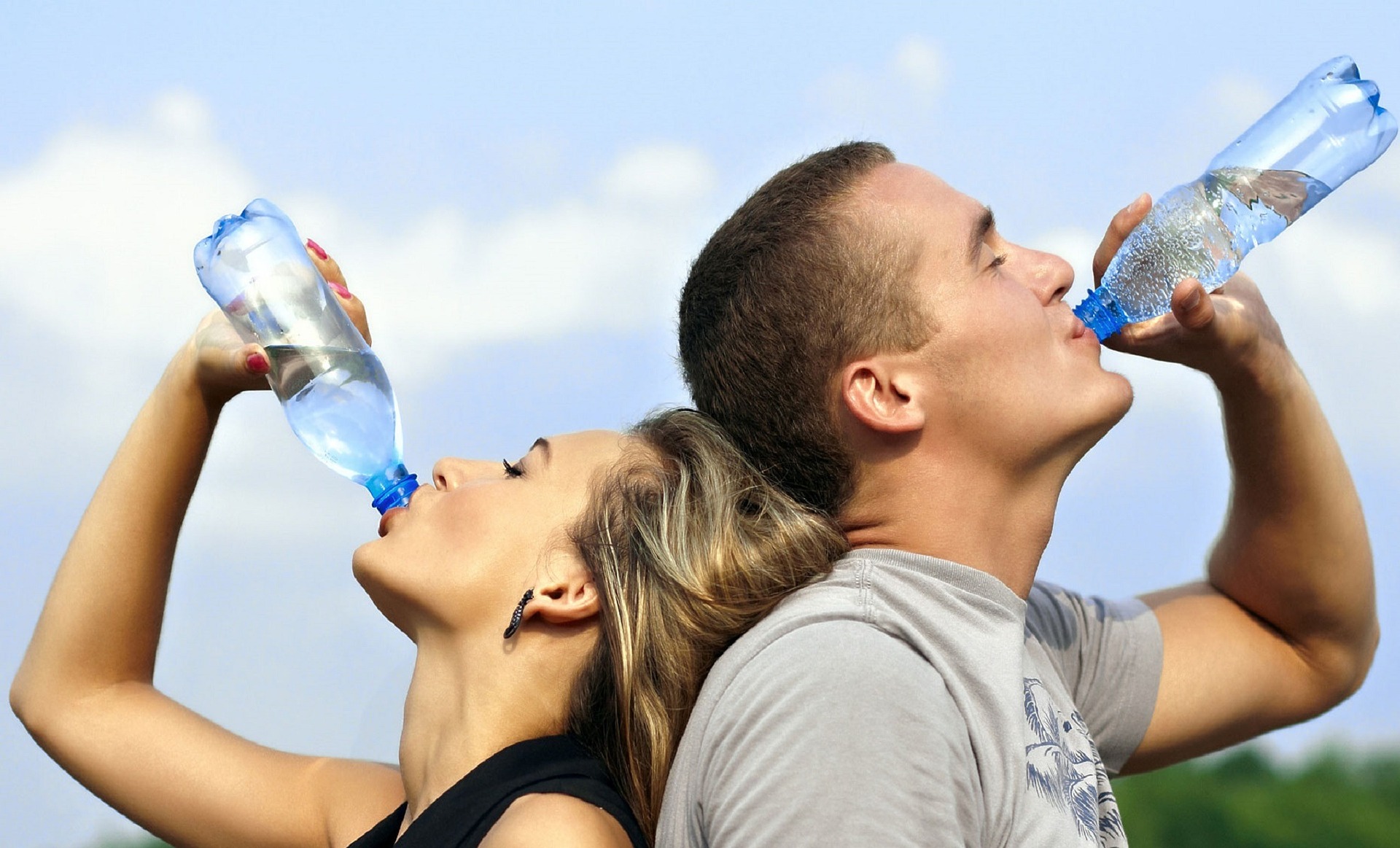Heat Wave- Are You Prepared? | Lemak Health

According to the Centers for Disease Control, on average 318 Americans die each year of heat-related illnesses. Many of these deaths could be prevented with proper education on dehydration and heat-related illness.
Summer is the perfect time to embrace the beautiful outdoors. Unfortunately, outdoor activities come with a serious risk of dehydration, heat exhaustion, heat stroke, or death. While it is important to continue exercising and participating in outdoor activities during the warmer months of the year, it is crucial to be educated on the dangers of heat.
Avoiding dehydration can be simple. The American College of Sports Medicine reports active people should drink at least 16-20 ounces of fluid one to two hours before an outdoor activity. Once outside, you should consume 6-12 ounces of fluid every 10-15 minutes. It is important to replace the fluids that were lost while in the heat. Drinking another 16-24 ounces should help rehydrate post-activity. Water should be consumed during all heat-related activities, while sports drinks are recommended for intense exercise lasting longer than 60 minutes.
The team doctors and physicians at Lemak Health suggest all athletes drink half of their body weight in ounces. Drinking fluids and staying properly hydrated supports the delivery of nutrients to joints and soft tissues.
There are several signs of dehydration. Dark-colored urine, dry cough, fatigue, flushed skin, heat intolerance, light-headedness, loss of appetite, dry mouth, nausea, and headaches are all signs of dehydration. More severe symptoms of dehydration include diarrhea, bloody or black stool, inability to keep fluids down, disoriented, no urination, sunken eyes, and rapid breathing or heart rate. If you suspect that you or someone else is dehydrated it is imperative to seek medical attention.
Along with dehydration, there are other heat-related illnesses that can be life-threatening if ignored. Heat exhaustion and heat cramps are two of the most common during summer months.
Heat exhaustion occurs when you are unable to continue exercise due to weakness or exhaustion. Feeling hot, tired, weak, dizzy, or excessive sweating, are all symptoms of heat exhaustion. To treat someone suffering from heat exhaustion, remove the person from his or her activity and place them in a cool area. Laying on your back and raising legs slightly, replenishing lost fluids, and cooling methods such as ice towels, misting fans, or cold water immersion are additional remedies for heat exhaustion.
Heat cramps are painful, localized cramps that may feel like they are crawling throughout the cramping muscle. Fatigue, dehydration, and electrolyte losses can cause heat cramps. Rehydrating with water or a sports drink and lightly stretching and massaging the cramped muscle are simple ways to treat heat cramps.
Spending long periods of time in the heat can have dangerous effects on everyone. However, children, athletes and outdoor workers all have a heightened risk for heat-related illnesses. Continuous hydration and taking heat breaks are essential in preventing a heat-related illness. We can never be too cautious about staying cool and hydrated in scorching summer temperatures.
